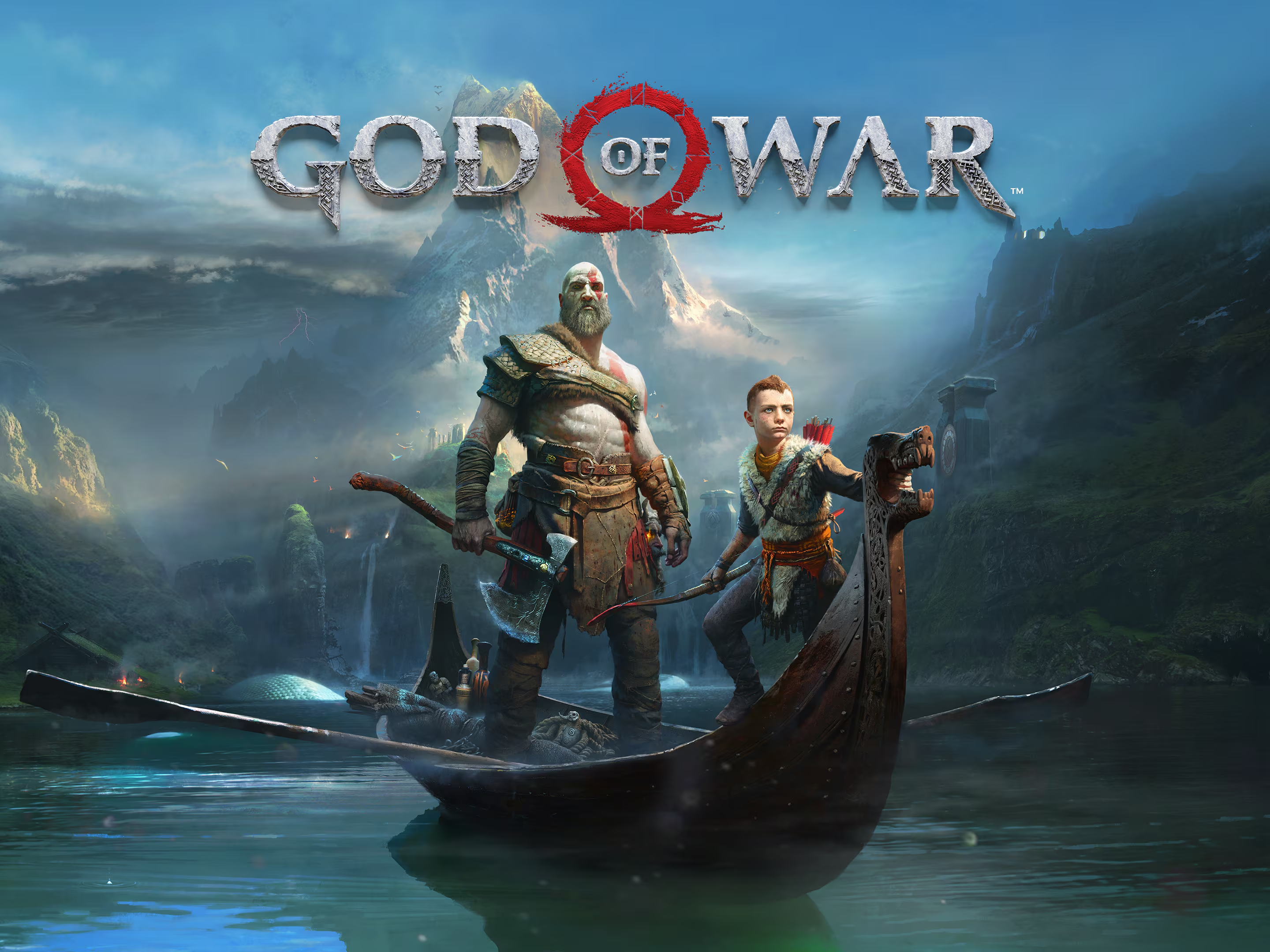God of War: Ghost of Sparta
The first attempt at bringing the God of War franchise into a portable system was not very successful. Chains of Olympus has a story that only becomes interesting when it’s finishing, as well as a shallow combat system that further reduces the complexity of mechanics that were never originally complicated, to begin with. Ghost of Sparta, then, represents a new chance to make the franchise work on the PSP, and, while it corrects some issues from the previous title, it makes new mistakes that negatively affect the quality of the experience.
In Ghost of Sparta, Kratos, after becoming a god himself, begins to have mysterious visions that lead him to the city of Atlantis. There, he discovers his family’s fate and decides to embark on a journey to free his brother from the clutches of the God of Death, Thanatos.
Despite the promising plot, the game’s story is very problematic. First, the narrative already fails when it tries to connect the main theme – the loss of a family member – with the protagonist’s most visible characteristic: his rage. Kratos wants his brother back and goes out killing everyone to get him back. The whole drama surrounding Kratos’s family, therefore, is again reflected in his bloodthirstiness, which makes the whole thing thematically redundant: after all, this theme was developed in the first God of War in basically the same way.
Secondly, the few elements that make up the story are far from being coherent. The motivations of various characters, for example, change without any plausible explanation just to suit the needs of the moment: Kratos’ brother, Deimos, goes from “I hate you! You didn’t protect me! I’m going to kill you!” to “Raaawr! We are Brothers in Arms!” after a single battle. Athena’s inconsistency is even worse: she spends a huge amount of time criticizing the Spartan’s journey to, without any reason, defend it at the end.
Another serious problem is the quality of the dialogues, which are rife with exposition and redundancy. Right after Kratos’s mother exclaims “Finally, I am free,” the narrator immediately repeats the information, but with more words: “she released the weight of her burden, and finally found the peace she had long sought.” Kratos’ visions are not explained (apparently, being tormented by visions is just his thing) and the narrative doesn’t even bother to contextualize the loss of his powers: Ghost of Sparta takes place right after the events of the first God of War, but Kratos appears devoid of his magic, energy, and strength without any explanation whatsoever.
Nevertheless, the mission of saving his brother could lead the Kratos to interesting places such as Atlantis, Sparta, and the Land of the Dead. However, such settings never have the chance to come to life due to the extreme linearity of the level design. Chains of Olympus suffered a little from this problem, but it still contained the Temple of Helios, a small maze with several interconnected halls. Ghost of Sparta, on the other hand, is entirely made up of corridors. When Kratos visits Sparta, the player will notice several soldiers bowing to the protagonist, people walking down the streets and even some markets teeming with life. However, with the exception of a brothel, Kratos will be prevented from exploring the city altogether.
When it comes to the combat system, there are some improvements over its predecessor. This time, a new mechanic has been introduced: the ability to set Kratos’ weapons on fire, which deals more damage to armored enemies and stuns others with a small explosion. New monsters have also been included to add diversity to the action, and one particular creature, a kind of female specter, impresses with its ferocity as it launches both small and long-range attacks, as well as an annoying, difficult-to-avoid grab – being a force to be reckoned with even in small numbers. The bosses, however, never come close to impress: Scylla is basically the Chains of Olympus Basilisk with tentacles sticking out of its body, and the final clash with Thanatos is devoid of any creativity: the player, when tired of abusing the “square, square, triangle” combo, can just push a button to make Deimos help and attack – and that’s the whole battle.
Ghost of Sparta may have improved Chains of Olympus’ combat system to some extent, but is still dragged down by a story with nothing new to say, boring level design, and bland boss battles.
October 05, 2019.
Review originally published in Portuguese on September 26, 2019.
Ready at Dawn and SCE Santa Monica Studio.
Dana Jan and Ru Weerasuriya.
Cory Barlog, Dana Jan, Marianne Krawczyk and Ru Weerasuriya.
Gerard K. Marino, Michael Reagan.
5 hours.
PS3.
























